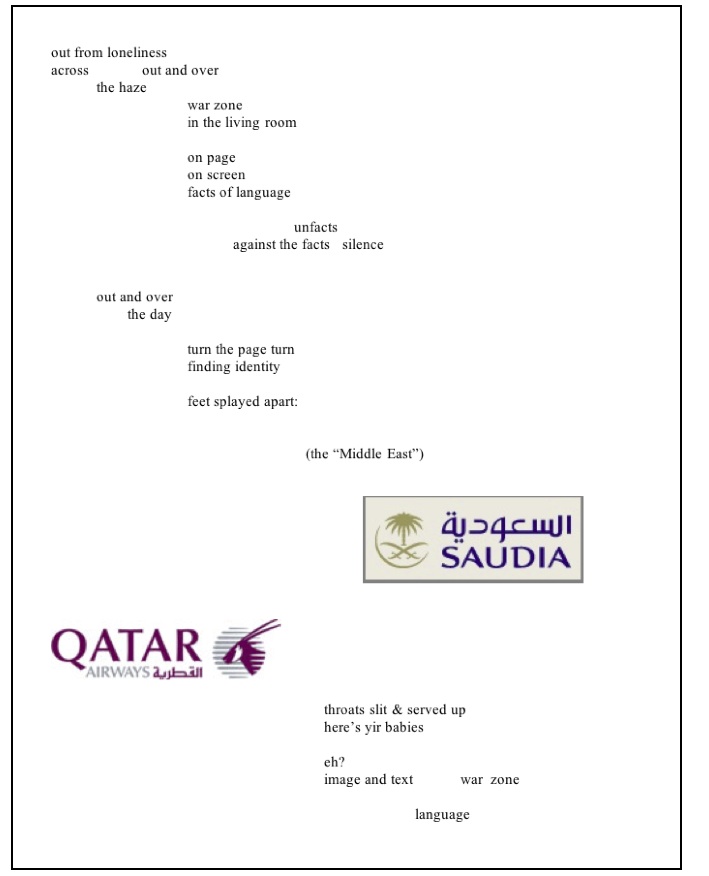july - june 2012
July 30th
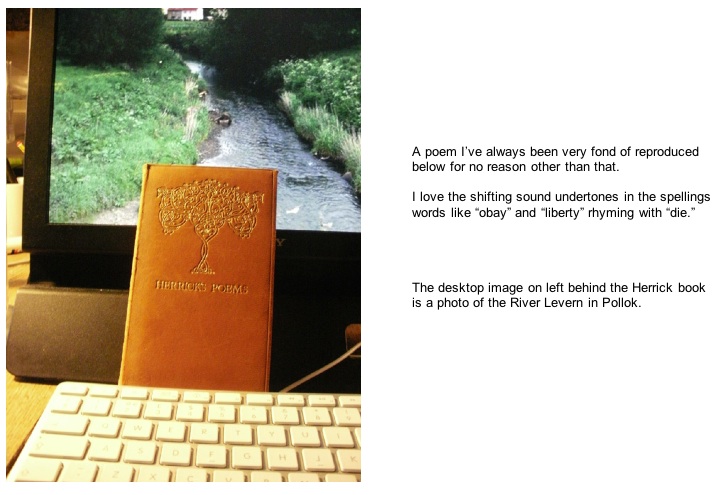
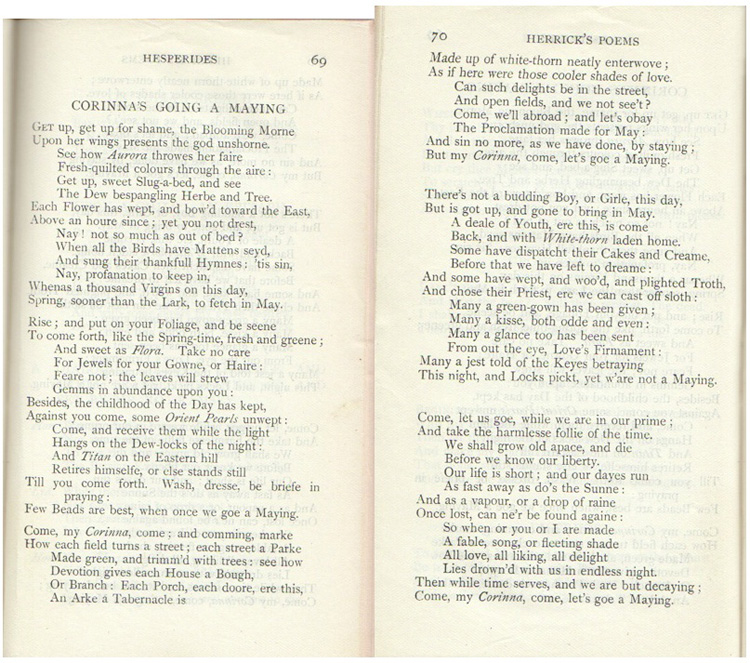
July 25th
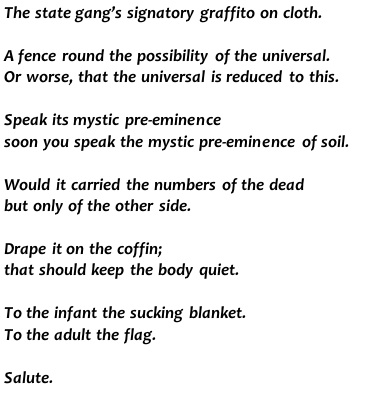
July 21st
My wife Sonya’s father Thomas O’Brien fought in the Irish division of the International Brigade, and Sonya was emailed a video from the International Brigade Memorial Trust of the ceremony marking the moving of the Brigade memorial to its new place in Jubilee Gardens in London.
Good to see Eddie Linden longtime editor of poetry magazine Aquarius still out and about and in the audience, that’s him in the front row and joining in the singing of the Internazionale at the end.

July 19th
A retrospect. Jubliee week in Scotland.
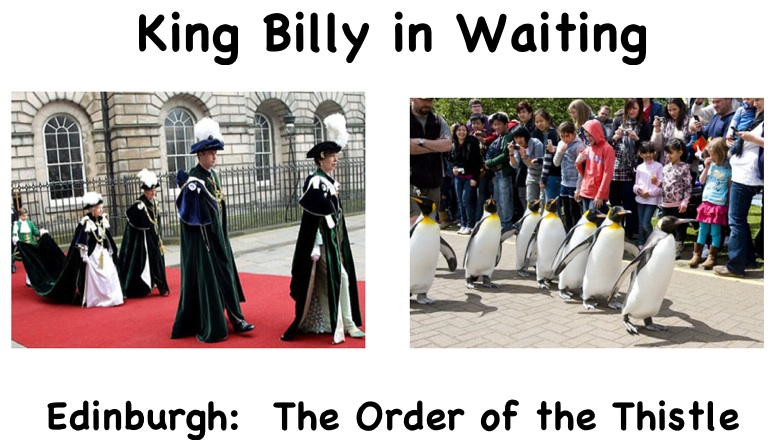
July 17th
Breaking News: Coventry City Sign New Centre Forward (Syrian Observatory for Human Rights)
An isolated summary of the phoney “news” sources and other matters for the Syria situation miraculously got through last week to the mainstream, not that it stopped or will stop the relentless outpouring from same being faithfully and hourly reproduced everywhere.
Actually there were two “Syrian Observatory for Human Rights” bods, but they fell out with each other. I remember one of them photographed with William Hague early on. Qatari money, everywhere just now from Al-Jazeera’s Nato Broadcasting Company to the new “Shard” monument to the Emir in London.
The template with the whole palette of ingredients much as in Libya and in Iraq before it, and as will in due course continue in Iran. I gave up getting involved in blow by blow replies after Libya, it would be a fulltime job and I have other things to do, like staying sane. The much touted example of journalistic integrity the late Maria Colvin kind of summed it up when she visited the Nato-devastated ruins of the once populous town of Sirte and managed to come up with the news that Gaddafi apparently had worn silk shirts.
The report on Syria appeared here.
July 12th
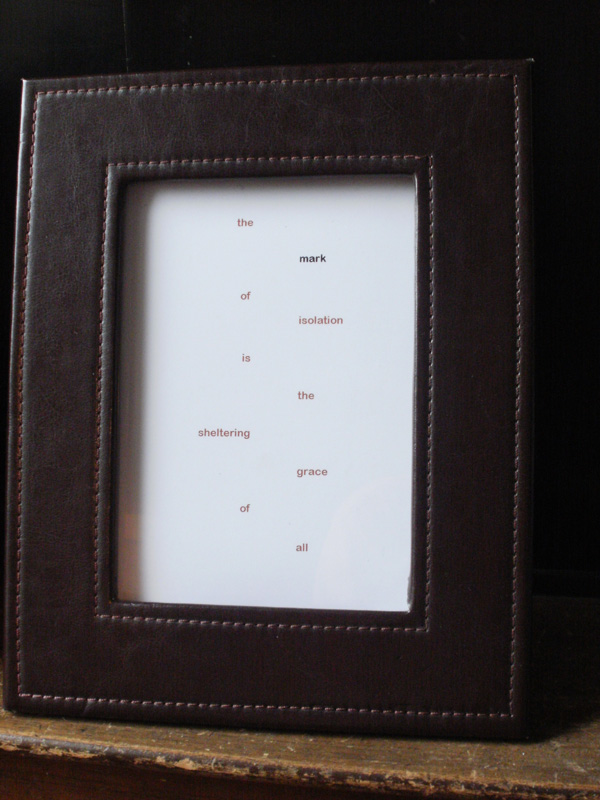
Took the notion today to put my "A Comfort" of four weeks ago into a leather frame I had lying around.
July 7th
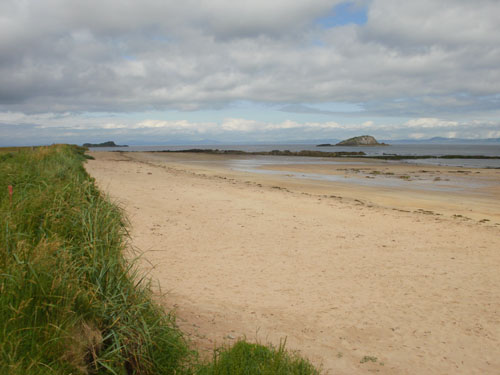
Had a couple of days’ break this week in North Berwick, enjoying walking along the shore and listening to as it happened retreating waves breaking on the sand; that sense of the uniquely relaxing fundamental, picked up from the last time, that that sound can bring to a visiting urbanite like myself.
North Berwick was a town visited by the poet Alexander Wilson in September 1789 when he was travelling the coast east of Edinburgh selling goods as a pedlar and trying to interest people in subscribing to his first book, Poems, which appeared a year later. Four years on again and Wilson had fled Scotland for America. Jailed in his local town of Paisley more than once for poetry naming and shaming a local corrupt businessman, he had finally jumped bail when awaiting trial for “being concerned in framing and industriously circulating an advertisement addressed to The Friends of Liberty and Reform.” The leading light at the time in the Friends of the People, the great Scottish radical Thomas Muir, had just been sentenced to transportation for fourteen years, and his ship set sail for Botany Bay on May 1st 1794. It was better for Alexander Wilson at least to set sail out of Scotland of his own volition and to a destination of his own choice. Accordingly with nephew William Duncan he walked to Portpatrick in southwest Scotland from where they sailed to Belfast; and from there took ship for America, Wilson writing back to his parents in July 1794 with an account of the journey.
We sailed in the ship “Swift,” from Belfast Loch, on Friday the 23rd of May, about six in the morning... We had 350 passengers—a mixed multitude of men, women, and children. Each berth between decks was made to hold them all, with scarce a foot for each. At first sight I own, it appeared to me almost impossible that one half of them could survive; but, on looking around, and seeing some whom I thought not much stouter than myself, I thought I might have a chance as well as the rest or some of them. I asked Willy if he was willing, and he saying he was, we went up to Belfast immediately for our clothes; and in two days after we got on board, she sailed.
We were very sick for four days, but soon recovered; and having a good, steady, fair breeze for near a fortnight, had hopes of an excellent voyage. On the third day, and just as we had lost sight of land, we spoke the Caledonia of Greenock, a letter of marque, bound for the Bay of Fundy; on Monday following, Dr Reynolds, who was tried and condemned by the Irish House of Lords, was discovered to be on board, and treated all the passengers and crew with rum-grog, which we drank to the confusion of despots, and the prosperity of liberty the world over. Till the 17th of June we had pretty good weather, and only buried an old woman and two children. On the 18th, we fell in with an amazing number of islands of ice; I counted at one time more than thirty-four in sight, some of whom that we nearly passed were more than twice as high as our main top-gallant mast-head, and of great extent; we continued passing among them, with a good breeze, for two days, during which time we ran at least five knots an hour. On the 20th we had a storm of wind, rain, thunder, and lightning, beyond anything I had ever witnessed. Next day a seaman dropped overboard; and, though he swam well and made for the ship, yet the sea running high, and his clothes getting wet he perished within six yards of a hen-coop, which he had thrown over to him. On the 11th July we could plainly perceive land from the mast-head; but a terrible gale of wind blowing all night from the shore, it was Sunday before we again had the satisfaction of seeing it, scarcely perceptible through the fog; but a pilot coming on board, and the sun rising, we found ourselves within the Capes of Delaware—the shore on land having the appearance of being quite flat, and only a complete forest of trees.
About seven at night, having had a good breeze all day, we cast anchor at a place called Reedy Island, where one of the cabin passengers, and the first man who had leapt ashore in the long-boat, was drowned in returning to the ship. We arrived at Newcastle the next day about mid-day, where we were all as happy as mortals could be; and being told that Wilmington was only five miles up river, we set out on foot through a flat woody country, that looked in every respect like a new world to us, from the great profusion of fruits that everywhere overhung our heads, the strange birds, shrubs &c., and came at length to Wilmington, which lies on the side of a hill, about a mile from the Delaware, and may be about as large as Renfrew, or perhaps larger.
Wilson’s subsequent life in America, and his travels over thousands of miles by horse, foot and canoe between 1804 and 1812 compiling his pioneering nine-volume Ornithology illustrating and describing the birds of America, forms one of the great personal tales of a life fully spent. It can be read in his journals and letters that complement his poems. There is a resumé of his life with short selection of his poems in Radical Renfrew.
July 2nd
The Memorial and Vera Brittain
The service programme at the unveiling of the memorial to Bomber Command last Thursday listed three “philanthopic entrepeneurs” as the principal funders of the 6½ million pound project. These were billionaires John Caudwell “Lord” Michael Ashcroft, and Richard Desmond.
Caudwell made his fortune as Mr Phones4U, and in 2005 was fined millions of pounds by HMRC for illegally avoiding tax using the Employee Benefit Trust scam for which now-liquidated Glasgow Rangers are under investigation. “Lord” Michael Ashcroft was drafted into the House of Lords in 2000 by William Hague, though he payed no income tax in Britain as he was not a domiciled resident in the UK. His main philanthropic activity in Britain seems to have been pouring money from his untaxed wealth in Belize into Conservative Party funds in marginal constituencies at election time, for which when criticised he said simply that it was not illegal. The third “philanthropic entrepeneur”, Richard Desmond, owner of Express Newspapers OK magazine and Channel 5, in 2004 tried to buy the British Daily Telegraph. When told at a meeting with Telegraph executives that the paper was on offer to the German publisher Axelrod, his outburst against Germans as a people and the Telegraph for dealing with them led one executive to state "It was the most grotesque outburst of a mix of slander and racism that I have ever been subjected to. If it had been in a public place he would have been arrested."
The ceremony at the unveiling of the memorial by the Queen was broadcast on BBC television live on Thursday at noon, then followed at 5pm with an hour-long repeat under the title “Tribute to Bomber Command”; then repeated again at 11pm, then broadcast yet again the following day on BBC Hard Drive channel at 11pm. But Bomber Command was not always the subject of tribute, even during the war. On November 28th 1943 George Bernard Shaw wrote to the Daily Express “The blitzing of the cities has carried this war to such a climax of infernal atrocity that all recrimination on that score are ridiculous. The Germans will have as big a bill of atrocities against us as we against them if we take them into an impartial court.” In Seed of Chaos: What Mass Bombing Really Means, published a year before the bombing of Dresden, Vera Brittain wrote: “The number killed by German air raids on Britain from the beginning of the War up to October 31st, 1943, is just over 50,000. Apart from all that we have done to Italy and to German-occupied countries, our reprisals mean that on Germany alone, up to the end of October 1943, we had already inflicted more than 24 times the suffering that we had endured.” The bombing of Hamburg in August 1943 was described as “probably the most complete blotting–out of a city that ever happened” andReynolds News quoted one report: “We passed whole streets, squares and even districts that had been razed. Everywhere were charred corpses, and injured people had been left unattended. We will remember those Hamburg streets as long as we live...That night the largest workers’ district of the city was wiped out.”
Of course there were bombing raids on such as Messerschmitt and industrial production factories by Bomber Command. But it was the deliberate whole area “saturation bombing” of towns and cities throughout Germany adopted by Bomber Command’s chief of staff Arthur Harris that brought condemnation, and still does. Vera Brittain’s words from 1943 still have resonance: “As a Londoner who has been through about 600 raid periods and has spent 18 months as a volunteer fireguard, I have seen and heard enough to know that I at least must vehemently protest when this obscenity of terror and mutilation is inflicted upon the helpless civilians of another country. Nor do I believe that the majority of our airmen who are persuaded that mass bombing reduces the period of their peril really want to preserve their own lives by sacrificing German women and babies, any more than our soldiers would go into action using “enemy” mothers and children as a screen.” What she called the “horrible facts” about Bomber Command bombing she listed by town and city, but these were “not included from sensational motives. They are given in order that you who read may realise exactly what the citizens of one Christian country are doing to the men, women and children of another. Only when you know these facts are you in a position to say whether or not you approve.”
Would Vera Brittain—mother of Shirley Williams who in later years became a UK government minister—have approved the memorial unveiled on Thursday? Most definitely not. She would have had sympathy for the friends and relatives of airmen who lost their lives. But the erection of a Bomber Command memorial smells of the attempt to bring “closure”, with monarchical seal, to a stubborn never-quite-going-away sense of shame: closure by erasing the perceived relevance, or even awareness, of those “horrible facts” that Vera Brittain and others protested about at the time. It is a monument to monarchism and militarism at a time of economic crisis, a monument for “a sense of national unity” in terms for which those old men in their wheelchairs are just pawns.
June 28th
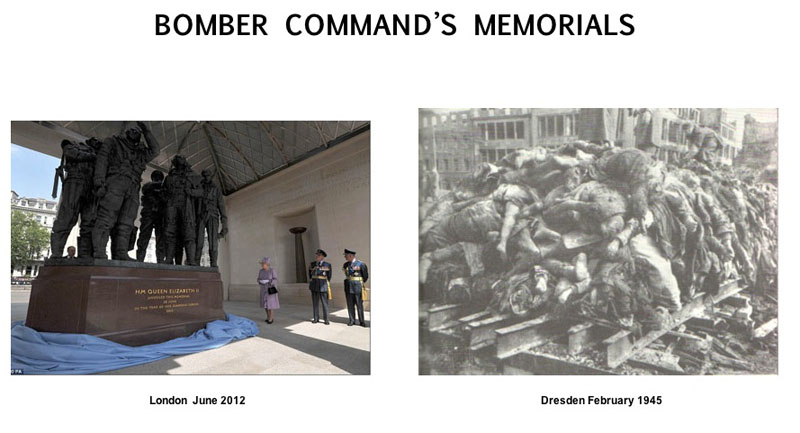
June 25th
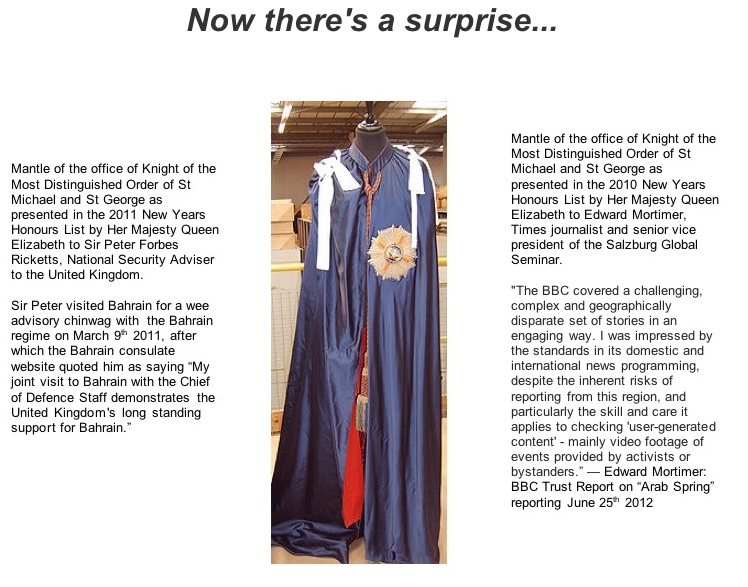
June 23rd
STEPHEN RODEFER
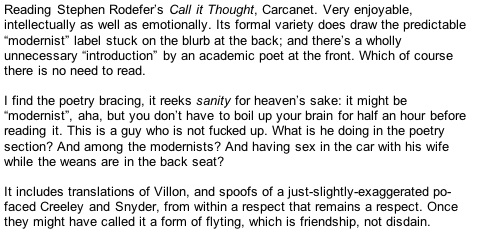

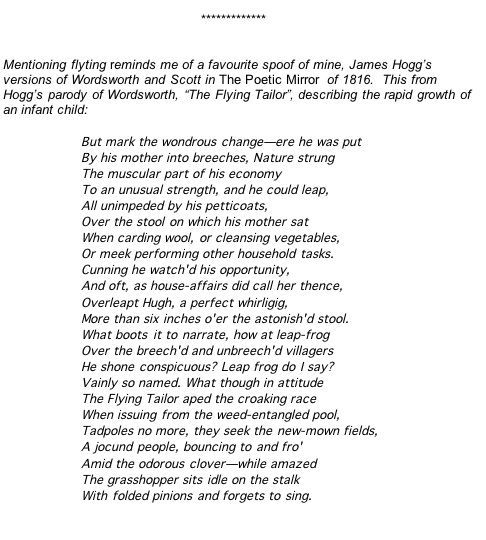
June 22nd
I read on the WordPower site that James Kelman’s new book due out in August is called Mo Said She Was Quirky.
I feel it a particular when I'm reading nora’s place and nora uses that adjective in self-description. It's a sequence I have thought of as a companion sometimes, that has kept me company in one or two reading places where I did not feel at home, where I just read nora glad of her company, trying to let her be in the room properly for anyone prepared to be along with her.

The telling of ego-vulnerability can for some be gauntlet and challenge to be gone beyond, ego-strength to be asserted in telling Word.
A still-fractured Reformation society, of which I feel as at home as the man in the moon. MacNeice’s great poem “Belfast”: “The cold hard fire of the northerner.”
June 20th
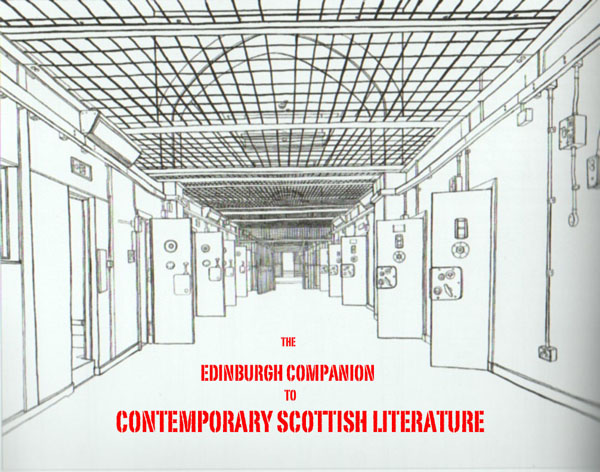
Note: Initial line drawing of B Wing, E Hall from Martin Fowler’s excellent The Tension of a Line: a portrait of Perth Prison Cumbria Publishing 2009
June 17th
Father’s Day. Three presents from my sons in London.
Alec Finlay’s recently published gathering of his father's work Selections, including a good range of the aphorisms besides the poetry and some prose.
Joe Sacco’s comicbook graphic-narrative Palestine made in nine parts after a visit in the early nineties to the Occupied Territories. Foreword by Edward Said.
DVD film In Search of Haydn.
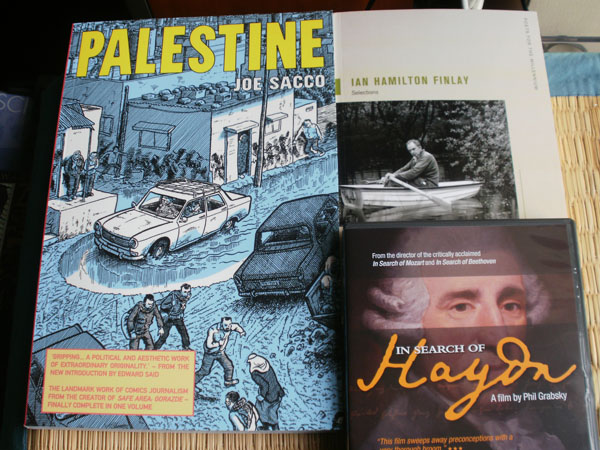
Music, poetry, politics. Three bullseyes. “I know mine and mine know me.”
June 15th
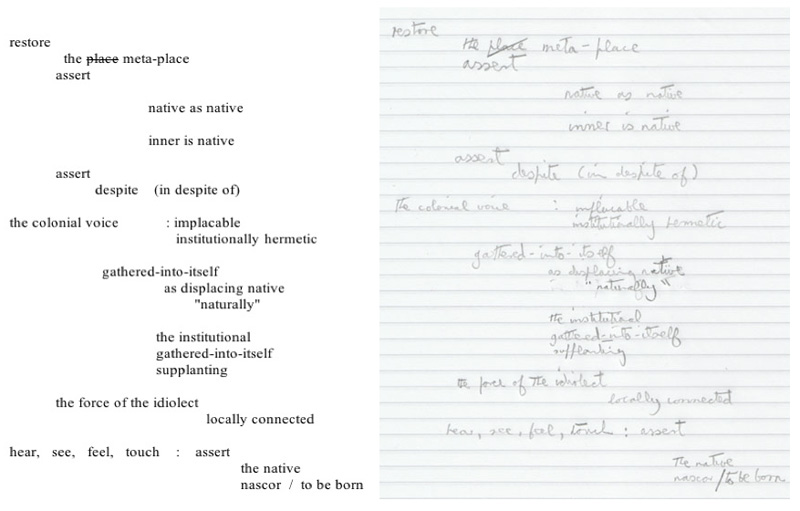
June 12th
A comfort.
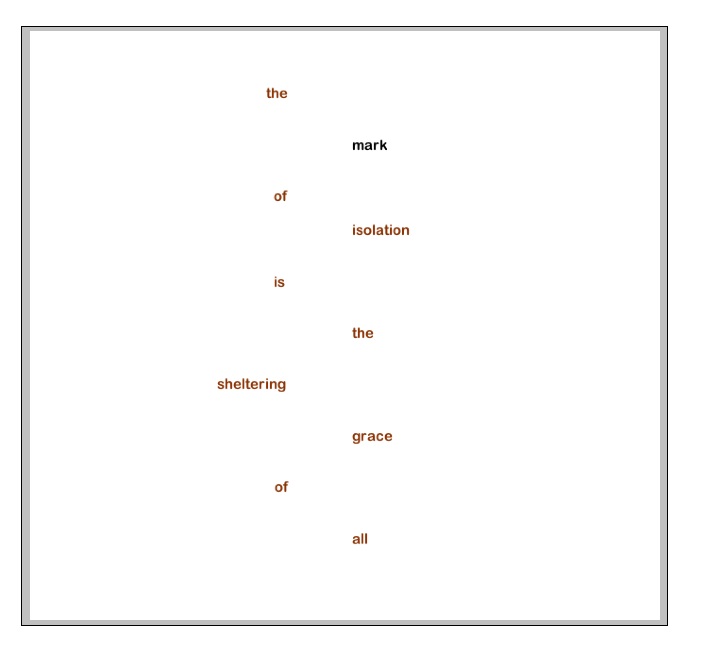
June 10th
Draft 2.
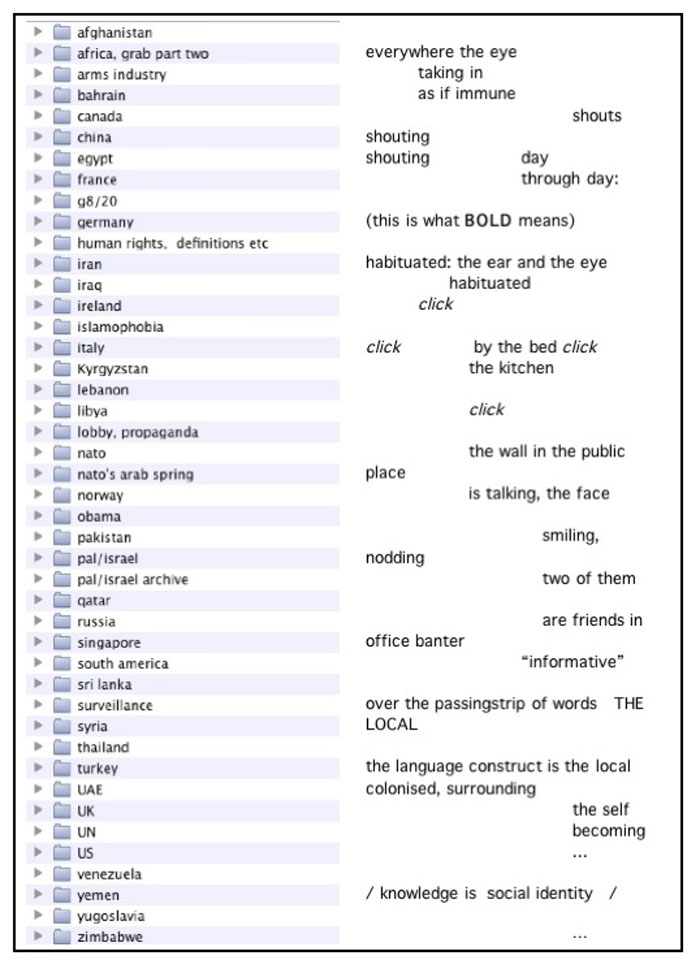
June 9th
A draft.
